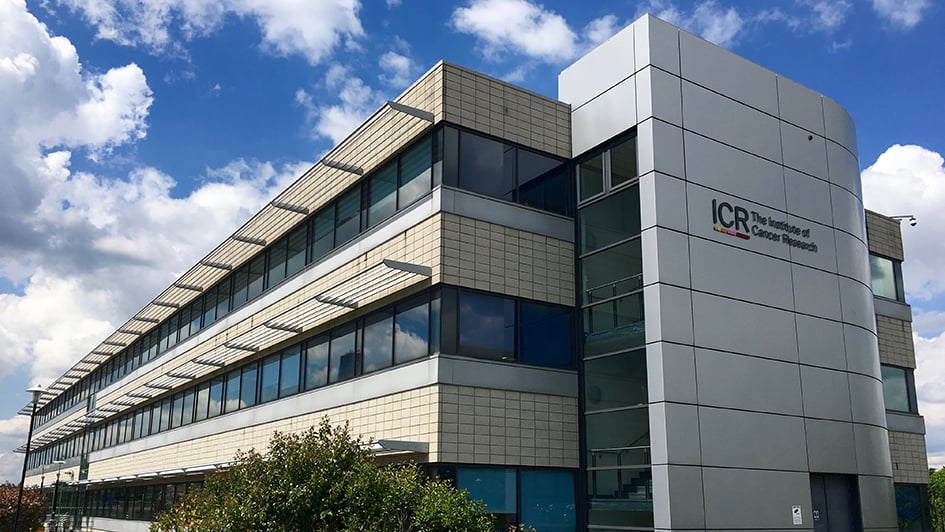About the ICR-CTSU
We are an internationally recognised, methodologist led, academic clinical trials unit.
Our multi-disciplinary team’s capabilities span the whole clinical trial life cycle and are underpinned by robust trials methodology expertise.
We are a Cancer Research UK clinical trials unit and a UK Clinical Research Collaborative registered CTU.
We strive to develop and deliver trials that offer cancer patients the chance to access cutting-edge treatments, maximising opportunities to gain as much knowledge as possible for the benefit of people with cancer in future. We are a multidisciplinary team, working with patients and researchers across the world to develop trials which will deliver.
Meet the team
ICR-CTSU is led by Professor Emma Hall (PhD, CStat), and Deputy Director and Operations Director Claire Snowdon.
They are supported by a management team comprising Principal Statisticians, Clinical Trials Programme Managers, Clinical Trial Data Management Specialists, Clinical Trials Information Systems Manager and Research Administration Managers. Together they oversee a multidisciplinary team of trials methodologists and trial and data management and support staff, working together to successfully deliver ICR-CTSU research.

Deputy Director and Operations Director
Claire Snowdon is the Clinical Trial and Statistics Unit's Deputy Director and Operations Director. She has over 25 years’ experience in trials operations gained in both academia and industry. She has a particular interest in risk proportionality and trials regulation, and in promoting academic trials as a career option for the next generation of trialists.

Data protection and transparency
As a university we use personally-identifiable information to conduct research to improve health, care and services. As a publicly-funded organisation, we have to ensure that it is in the public interest when we use personally-identifiable information from people who have agreed to take part in research..jpg?sfvrsn=fee129e3_2)
Operations, IT and Data Management
We have a dedicated operations team, led by our Operations Director Claire Snowdon and Assistant Operations Directors Lisa Fox and Alexa Gillman. Together they lead a team of trial conduct, data management and clinical trials IT experts.
Data sharing
We are committed to responsible sharing of clinical trial data and trial research samples with the wider research community to improve knowledge about cancer.
Greener Trials
Whilst clinical trials are critical to identifying effective and safe treatments, they also have a significant environmental impact. Despite the first publication of a trial’s carbon footprint 16 years ago, there has been little action to consciously reduce carbon consumption of clinical trials, while the urgency of the threat from the climate crisis has increased exponentially.